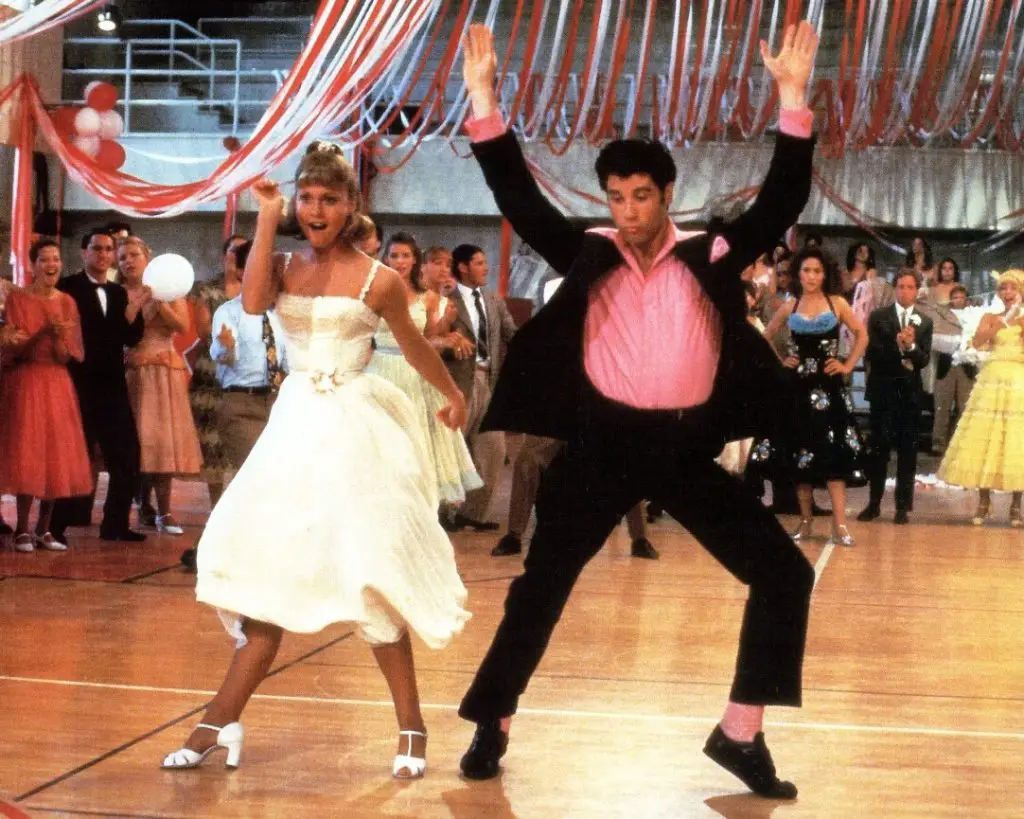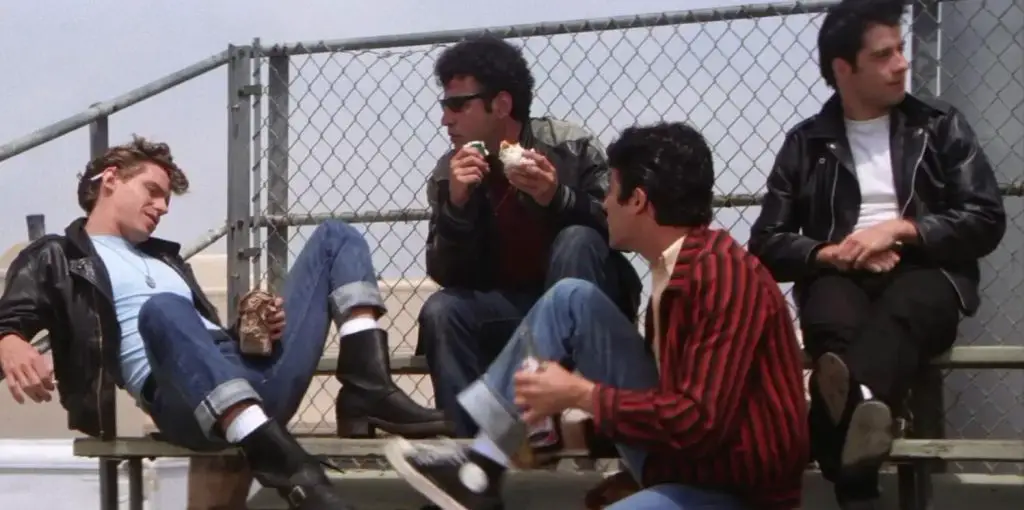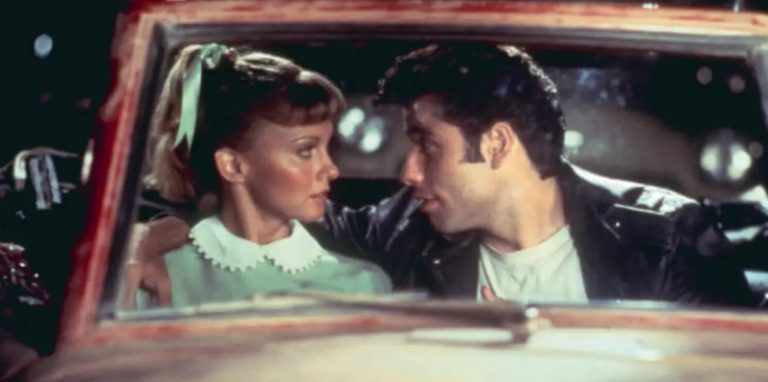People rewatching Grease today are branding the 1978 film as problematic, with some labeling it as “sexist” and “misogynistic.” Social media users have criticized certain scenes, including the lyric “Did she put up a fight?” from the song “Summer Nights,” which they feel suggests a lack of consent. Other moments, such as a T-Bird looking up a girl’s dress and Johnny’s actions during the drive-in scene with Sandy, have also come under scrutiny. Additionally, viewers have pointed out the film’s lack of racial diversity.
Fans who once loved the film have now expressed discomfort with these elements. One viewer commented, “I loved Grease as a teenager, now I see it as a pile of misogynistic c***.” Another person shared, “Not offended by Grease, nor do I want it ‘canceled,’ but watching it now, I see problematic scenes that make me cringe.” These criticisms reflect a shift in how modern audiences perceive older films, particularly in light of current social issues.

Despite the backlash, some defend the film, including Olivia Newton-John herself. In a 2020 interview, the late actress acknowledged the claims but reminded viewers that Grease is a product of its time, set in the 1950s when societal norms were different. She downplayed the deeper cultural critiques, saying, “It’s just a girl who loves a guy, and she thinks if she does that, he’ll like her.” Newton-John also pointed out that both Danny and Sandy make changes for each other by the end of the film.

The debate surrounding Grease raises broader questions about how older films should be viewed today. While some argue the movie reflects outdated attitudes, others suggest it can still be appreciated as a fun love story without modern cultural expectations attached. Nonetheless, the ongoing discussion highlights how perspectives on films evolve with changing societal values.




